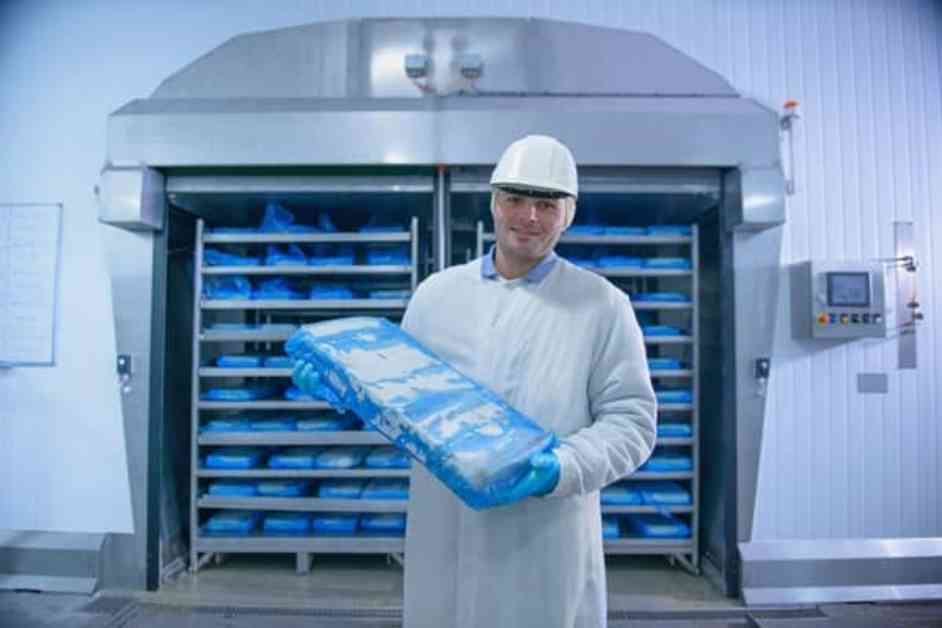The Significance of Last Mile Delivery in London’s Business Sector
In the fast-paced world of e-commerce and logistics, last mile delivery stands out as a crucial component of the supply chain. From groceries to furniture to electronics, last mile delivery is the final link that brings products from a distribution hub to the customer’s doorstep. While it may seem like just one step in the process, last mile delivery is often the most intricate and expensive, forcing businesses to reassess their strategies for customer satisfaction and operational efficiency.
Understanding Last Mile Delivery
Last mile delivery refers to the last leg of the shipping process, where goods are transported from a distribution hub to their final destination, typically a consumer’s home or business. This phase is vital because it directly influences the customer’s interaction with a brand or retailer. It is also the most fragmented and costly part of the delivery process, accounting for over 50% of overall shipping expenses. Despite its name, the “last mile” can span several miles, especially in rural areas, while in urban settings, it involves navigating through congested traffic and limited parking. This final phase of delivery is crucial in industries such as retail, food, and healthcare, where timely and accurate delivery is paramount.
Importance of Last Mile Delivery
The increasing dominance of e-commerce has elevated last mile delivery to a top priority for businesses. With customers expecting faster and more affordable shipping options, particularly with the rise of same-day and next-day delivery services, getting the last mile right has never been more crucial. The main reasons for its significance include:
Customer Satisfaction: The speed, accuracy, and reliability of last mile delivery directly impact customer loyalty. A failed or delayed delivery can lead to negative feedback, while a seamless delivery enhances brand reputation.
Operational Costs: As last mile delivery requires significant resources, reducing inefficiencies in this phase can substantially lower operational expenses. Companies that effectively optimize this step gain a competitive edge in terms of profitability.
Urban Challenges: Traffic congestion, limited parking, and tight delivery windows in urban environments make route optimization essential for last mile success.
Sustainability: With growing environmental concerns, companies are under pressure to reduce their carbon footprint. This involves using electric vehicles (EVs) or drones for last mile delivery, cutting emissions, and promoting greener logistics.
Challenges in Last Mile Delivery
Some of the major obstacles in last mile logistics include:
High Costs: The personalized nature of deliveries results in increased resources being spent on fuel, labor, and time for each stop.
Failed Deliveries: When customers are unavailable to receive packages, companies incur additional costs for redelivery, straining finances and resources.
Traffic and Congestion: Delivery vehicles encounter delays due to traffic jams, limited parking options, and strict delivery timeframes, especially in urban areas.
To overcome these challenges, businesses are turning to technologies such as route optimization and passive temperature-controlled delivery vehicles to streamline last mile logistics. These innovations help reduce delivery times, cut costs, and meet consumer demands for real-time tracking and quicker deliveries.
The Significance of Temperature-Controlled Packaging in Last Mile Delivery
In industries like healthcare and food services, where temperature-sensitive products are involved, last mile delivery becomes even more complex. Maintaining the cold chain during this final phase is crucial for ensuring product integrity, and this is where Tempack comes in. Tempack offers temperature-controlled packaging solutions that guarantee products like pharmaceuticals, vaccines, and fresh foods remain within required temperature ranges throughout the delivery process. This ensures quality and compliance, providing peace of mind to both businesses and consumers.
Optimizing Last Mile Delivery
As customer expectations continue to rise, businesses must optimize their last mile delivery operations to stay competitive. Last mile delivery is not only essential for customer satisfaction but also plays a key role in reducing operational costs and ensuring supply chain efficiency. Technologies like route optimization, passive temperature-controlled packaging solutions, and innovations from providers like Tempack are critical in addressing the challenges of this final stage of the delivery process. Investing in these advancements allows businesses to offer a seamless delivery experience, meet consumer demands, and foster brand loyalty in the fiercely competitive e-commerce landscape.
In conclusion, last mile delivery is a critical aspect of the supply chain that businesses in London and beyond must prioritize to succeed in the modern marketplace. By understanding the importance of last mile delivery, addressing its challenges, and implementing innovative solutions, companies can enhance customer satisfaction, reduce costs, and build a strong brand reputation in the ever-evolving world of e-commerce and logistics.

